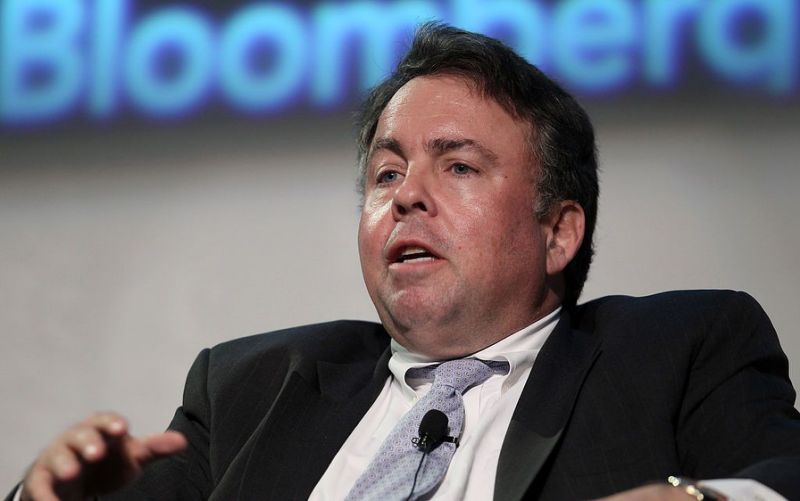
(Bloomberg Opinion) — In an extraordinary attempt to help the economy in the midst of the coronavirus economic downturn, the Federal Reserve’s balance sheet has ballooned to more than $6 trillion.
How this has affected fixed-income pricing, yield, risk and even trading is the subject of this week’s Masters in Business interview with John R. Mousseau, president, chief executive officer and director of fixed income at Cumberland Advisors. Mousseau also is the co-author of the book “Adventures in Muniland: A Guide to Municipal Bond Investing in the Post-Crisis Era.”
He notes the current slump is very different from the 2008-09 financial crisis. That event was driven by credit deterioration and mortgage defaults. Things only came to a head only after defaults soared and bond markets developed liquidity problems after the collapse of Lehman Brothers. In the fixed-income world today, the coronavirus pandemic is characterized mostly by economic paralysis, but so far not mass defaults.
The recent bond market turmoil was driven not so much by fundamentals as by the 35% crash in stocks. People sell what they can, not what they would like, when they are desperate to raise cash.
Mousseau explains why credit quality is always relative and what this means for total-return bond management. He likens the bond market to a ship hit by a torpedo but still sailing on with the support of Congressional fiscal stimulus and the Fed’s monetary stimulus. Among other things, he believes high-quality general obligation municipals bonds will be fine.
His favorite books are here; a transcript of our conversation is here.
You can stream and download our full conversation, including the podcast extras, on Apple iTunes, Spotify, Overcast, Google, Bloomberg and Stitcher. All of our earlier podcasts on your favorite pod hosts can be found here.
This column does not necessarily reflect the opinion of Bloomberg LP and its owners.
Barry Ritholtz is a Bloomberg Opinion columnist. He is chairman and chief investment officer of Ritholtz Wealth Management, and was previously chief market strategist at Maxim Group. He is the author of “Bailout Nation.”
<p class="canvas-atom canvas-text Mb(1.0em) Mb(0)–sm Mt(0.8em)–sm" type="text" content="For more articles like this, please visit us at bloomberg.com/opinion” data-reactid=”28″>For more articles like this, please visit us at bloomberg.com/opinion
<p class="canvas-atom canvas-text Mb(1.0em) Mb(0)–sm Mt(0.8em)–sm" type="text" content="Subscribe now to stay ahead with the most trusted business news source.” data-reactid=”29″>Subscribe now to stay ahead with the most trusted business news source.
©2020 Bloomberg L.P.











Add Comment